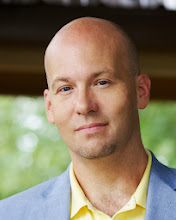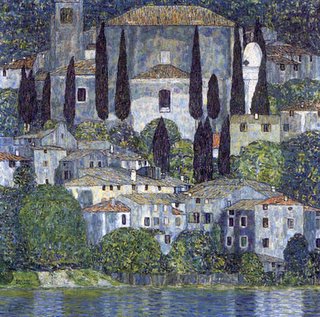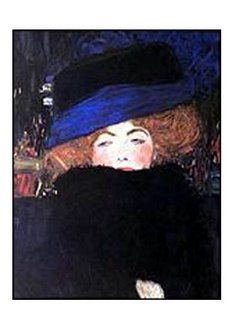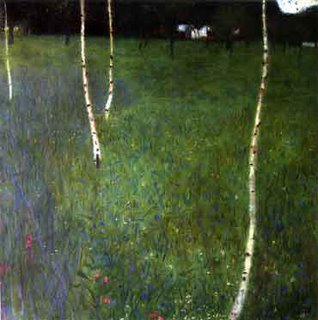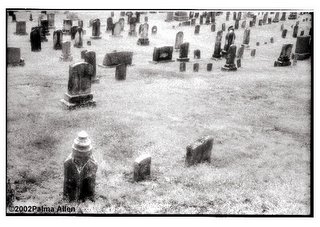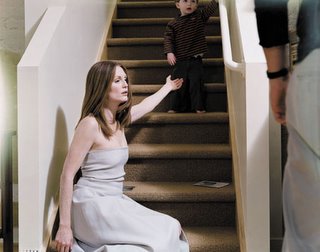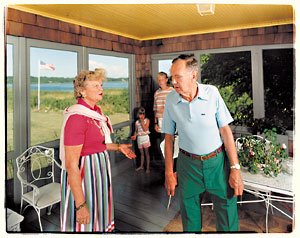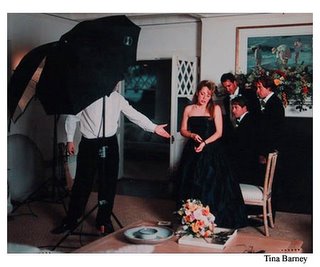Welcome
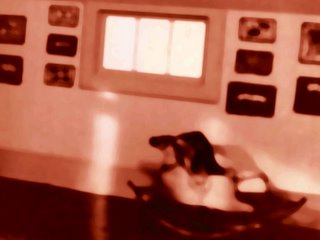 I first read Chekhov's The Cherry Orchard in High School and I'd be lying if I said that I GOT it.
I first read Chekhov's The Cherry Orchard in High School and I'd be lying if I said that I GOT it. Comedy?
Huh?
YepiWHOdof?
Still, there was something moving, even to a clueless teenager, about physically running away from sorrow. It reminds me of a short story I read years ago called Sorrow Rides A Fast Horse. In the story a woman loses her beloved husband and almost immediately after the funeral packs her young children and travels all over the world, never stopping --- just moving forward into some fairly extreme and dangerous settings. Ultimately the family is confronted on a winding mountain road by bandits who are prepared to kill the entire party. When the woman is asked why she is so foolish to bring young children into such a dangerous place, she can only mutter "sorrow rides a fast horse". The bandits hear this and immediately release the party to go on their way. Sure, it is a little sappy now and if this fictional event happened in today's world, the happy ending would be replaced with a more accurate event--- we'd be looking for body parts in mountain caves. Morbidity aside, there is something incredibly powerful about the way pain and loss connects even the most diverse people. Likewise, The Cherry Orchard reminds us that we are all much more alike than different.
